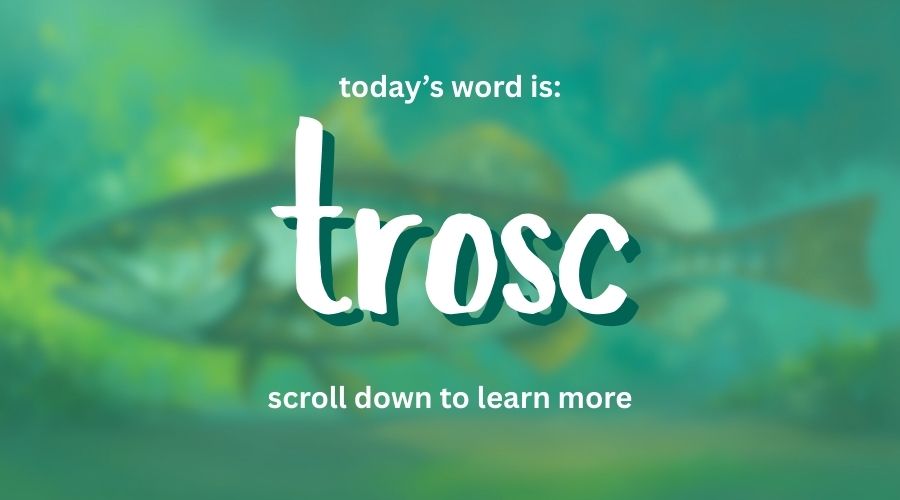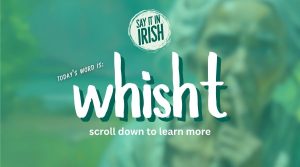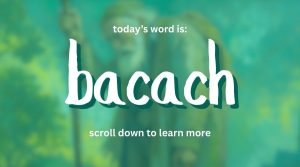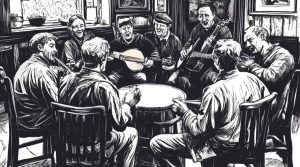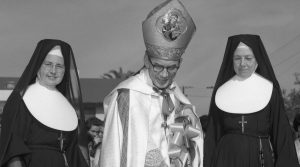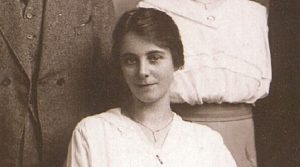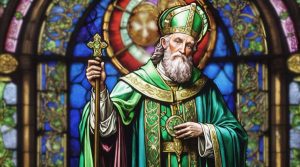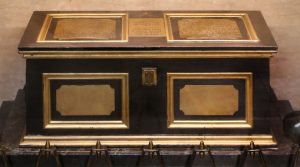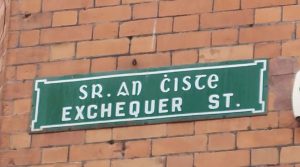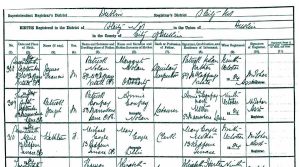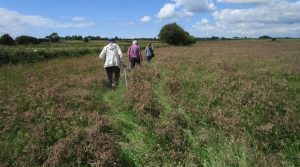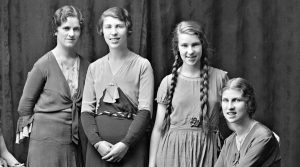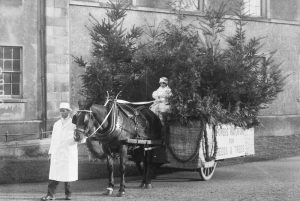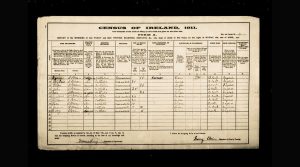Each week, SAY IT IN IRISH features an Irish or Hiberno-English word or phrase, exploring its meaning, history and origins – with an audio recording by a native Irish speaker from Cork so you can hear how it’s pronounced.
Trosc
The Irish word trosc, meaning “cod” or “codfish”, is widely believed to derive from the Old Norse þorskr, the forerunner to the modern Scandinavian torsk. This linguistic borrowing likely took place during the Viking Age, probably around the 8th or 9th centuries, when Vikings began arriving in Ireland, bringing with them a range of seafaring and maritime terminology that found its way into the Irish language. Prior to their arrival, the Irish had limited involvement in deep-sea fishing, an activity made easier by the superior ships used by the Vikings. The word trosc may also have been applied more broadly to large fish.
Say “cod” in Irish: trosc
Trosc – pronounced roughly trusk
Press play to hear how it’s pronounced:
Troisc
In medieval Ireland, and into recent times, fish (including cod) were commonly eaten on fast days, when Christians were required to abstain from some or all foods for religious reasons. The Irish verb troisc (deriving from trosc) means “to fast”.
Sign up to our newsletter
Say “to fast” in Irish: troisc
Troisc – pronounced roughly trishk
Press play to hear how it’s pronounced:
Troscadh
The verbal noun troscadh can refer both to the act of fasting and to a fast. The Irish term for “fast day” is lá troscaidh and troscadh sa Charghas means “to fast in Lent”.
Say “a fast” or “fasting” in Irish: troscadh
Troscadh – pronounced roughly truska
Press play to hear how it’s pronounced:
READ NOW
➤ Limerick company Bitesize Irish launches online course teaching traditional Irish songs
➤ Navan’s unusual horse grave and the pagan Viking horse cult
➤ Say “lame” or “beggar” in Irish
A D V E R T I S E M E N T

